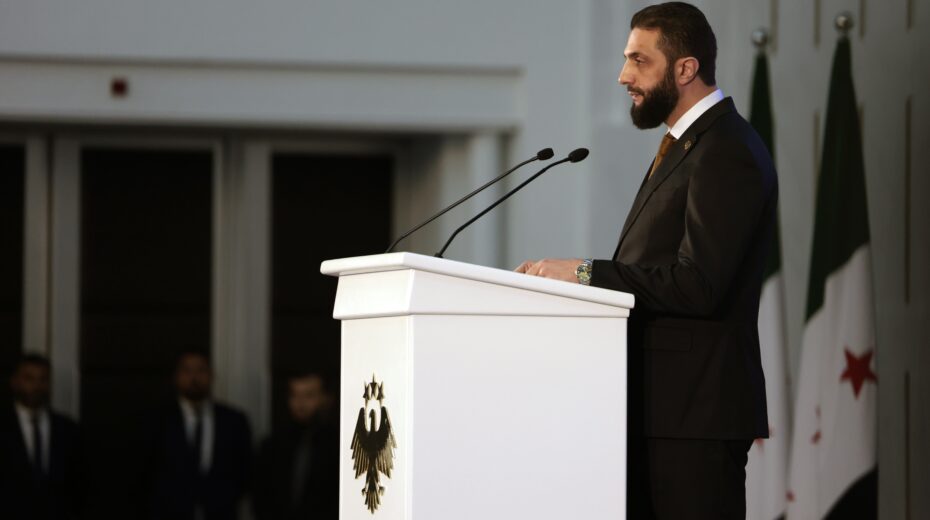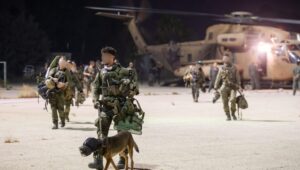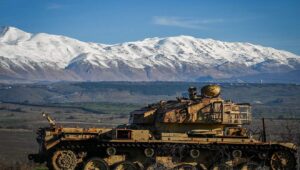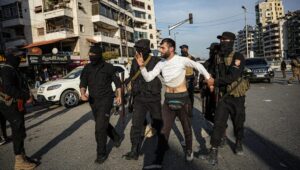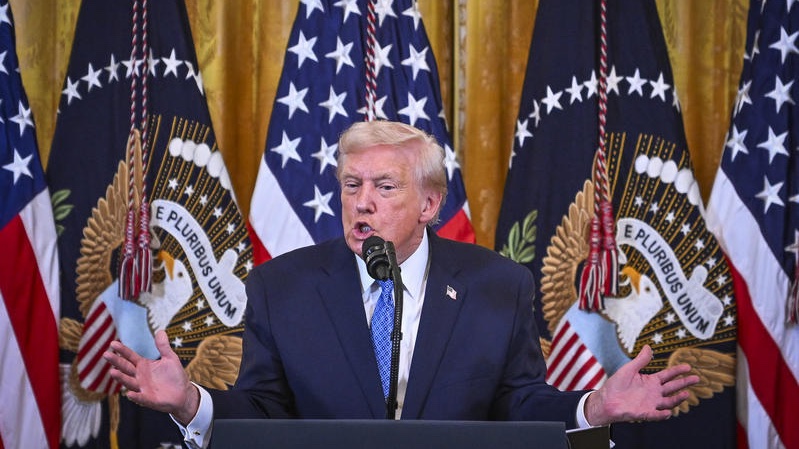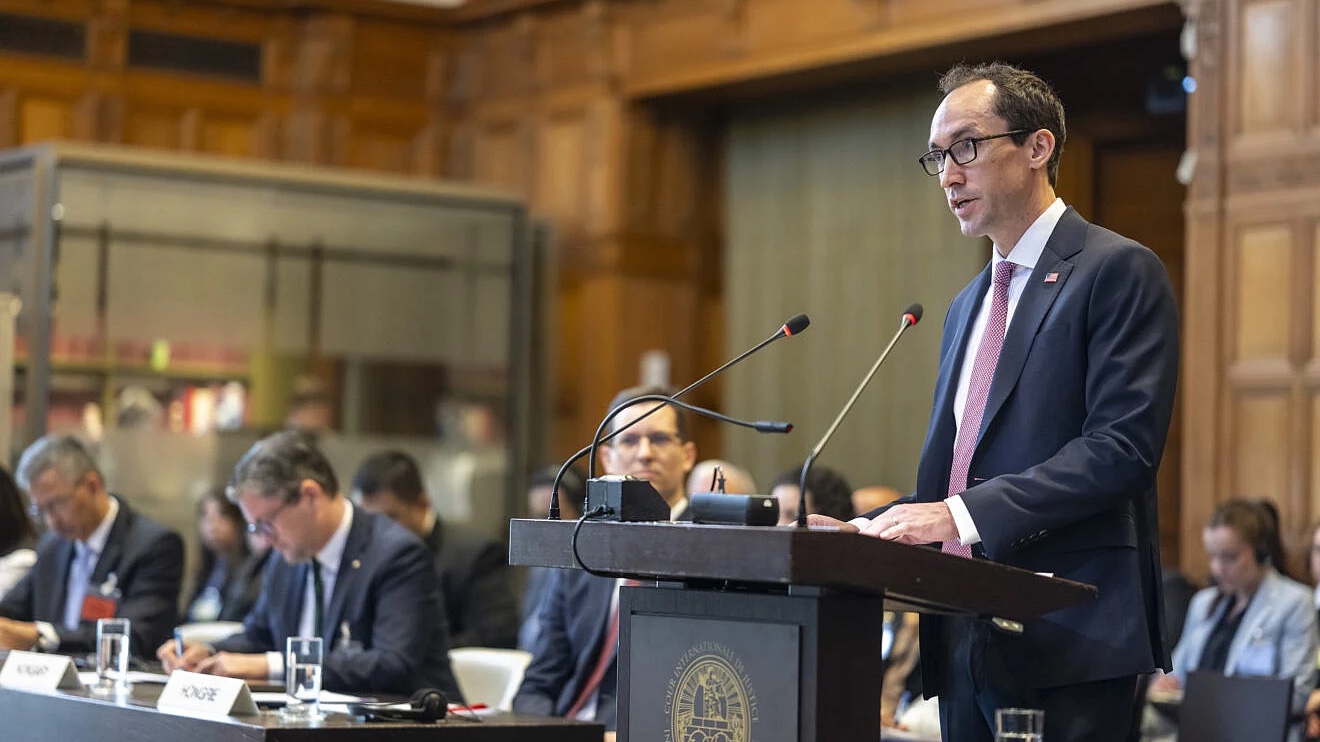Syrian President Ahmed al-Sharaa said Wednesday that ongoing security negotiations with Israel could produce a formal agreement “in the coming days,” calling a pact a regional “necessity” that would respect Syrian airspace, preserve territorial integrity and include UN monitoring.
The comments came ahead of al-Sharaa’s trip to the UN General Assembly in New York and followed a five-hour trilateral in London, where Israeli Strategic Affairs Minister Ron Dermer met Syrian Foreign Minister Asaad al-Shaibani and US special envoy for Syria Tom Barrack. According to multiple briefings, the Syrian side delivered its response to an Israeli proposal as Washington prepares a third round of US-mediated talks.
Al-Sharaa denied that the US was pressuring Damascus, describing Washington as mediator. US officials have privately signaled they want momentum before world leaders gather in New York next week.
What each side wants
Damascus is seeking an end to Israeli airstrikes and a withdrawal of IDF forces from Syrian territory captured after the Assad regime’s collapse in December 2024, including strategic positions on and around Mount Hermon. Jerusalem has indicated it intends to hold key sites to block Iranian entrenchment and cross-border attacks.
Al-Sharaa said Syria favors an arrangement modeled on the 1974 Disengagement Agreement after the Yom Kippur War—buffer zones, oversight and clear red lines. On the longer-running dispute over the Golan Heights—recognized by US President Donald Trump as Israeli sovereign territory—he said it is “too early” to address, calling it a “big deal.” Israel has repeatedly ruled out relinquishing the Golan.
Sweida violence and the Druze file
The Syrian leader said the parties were “four or five days” from an understanding when July violence in Sweida derailed talks. Clashes among regime-aligned forces, Druze militias and Sunni Bedouin tribes escalated into attacks on civilians, prompting Israel to intervene to protect the Druze minority and plan further assistance.
Barrack, retweeting a Jordanian statement on a trilateral roadmap for Sweida, wrote: “Reconciliation begins with a single step,” framing the plan as a path to equal rights and shared obligations. US Secretary of State Marco Rubio amplified the message, saying the administration’s “peace through strength” approach guides policy and welcoming progress on accountability and minority protections.
The bottom line
A narrow window has opened: Damascus wants relief from strikes and international guarantees; Israel wants durable security arrangements that prevent Iranian or proxy build-ups on its border. A 1974-style framework—updated for today’s threats—appears to be the overlap. Whether the parties can translate London’s “progress” into a signed document before the UN spotlight remains the immediate test.
Want more news from Israel?
Click Here to sign up for our FREE daily email updates


